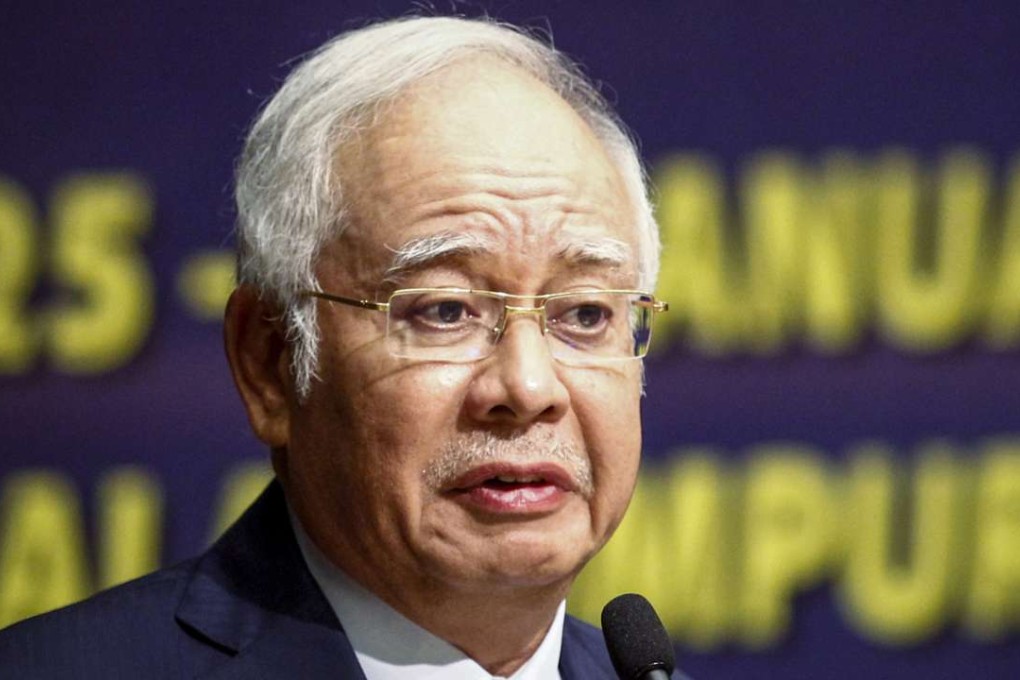TPP meets stiff opposition from Malaysian Muslims, who fear it would lift restrictions on alcohol, porn and prostitution
Prime Minister Najib Razak has been courting Islamists after being deserted by ethnic Chinese voters at the last election.

Some Malaysians fear the US-led Trans-Pacific Partnership (TPP) free trade agreement would nullify Islamic laws and unleash a wave of prostitution, alcohol consumption, pornography and other vices, according to a survey by Politweets.
In a survey conducted between January 18 and February 8 of 600 Twitter users, Politweet found 7.5 per cent of them opposed the TPP for “Islamic reasons” and believe the agreement would lead to an influx of “foreign culture” that could “corrupt” the understanding of Islam.
“These users opposed the TPP for religious reasons. Among the most popular reasons for this were ...[they] believed Islamic laws will no longer apply under the TPP,” said Politweet.
“This would affect prohibitions on alcohol, prostitution, pornography, gambling, restriction on sales of bibles, closure of restaurants during fasting month, limitations on pig farm locations, and the freedom to attend Friday prayers.”
Some also believed the TPP will prompt the removal of the halal (kosher) logo on Malaysian products.
The halal logo, which appears on products as well as eateries, is a matter of great religious importance for Malaysian Muslims as it helps them ensure they consume only halal goods.